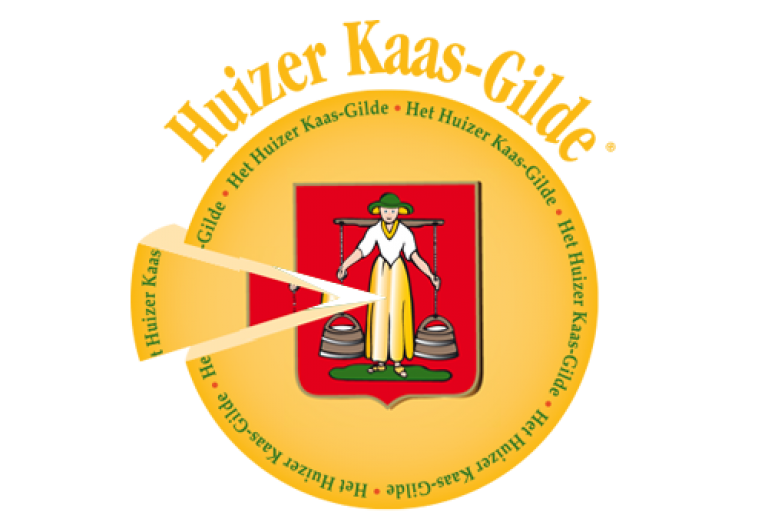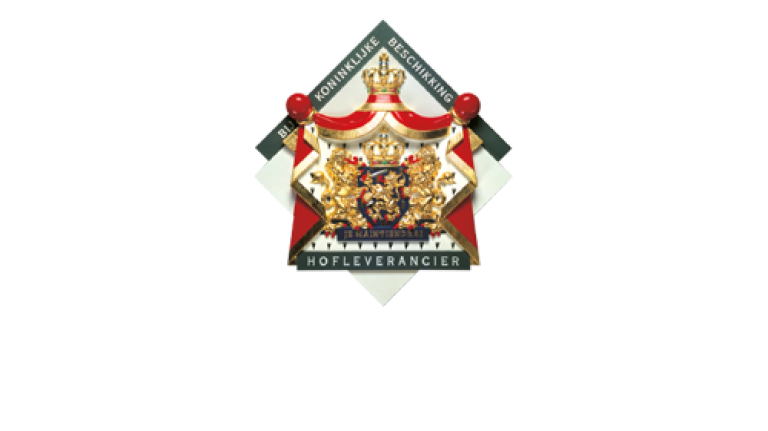Quality is key to our services and products therefore one of the main targets of Visser Kaas. To guarantee high quality and food safety of our cheese, we use industry standard quality systems and manuals. In addition we have a number of certificates to sell niche products, such as organic cheese. Our company is audited on all of this at least annually by independent parties. Furthermore, you can rely on the European rules and regulations with respect to milk processing and food safety. This way, you are always assured of top quality and food safety.
Visser has, besides a fully accredited IFS certification, a FSSC 22000 quality system. The Foundation Food Safety System Certification 22000 (FSSC 22000) offers a complete certification Scheme for the auditing and certification of Food Safety Management Systems (FSMS) or FSMS and Quality Management Systems (FSSC 22000-Quality). This system, which is based on the earlier ISO 22000 and HACCP quality programs, is accredited by the Global Food Safety imitative. This accreditation means that the demands as set forth in this program are set by the largest retailers. FSSC22000 has a mission to become the leading world-wide, independent, non-profit, ISO-Bases and GFSI-accepted food safety certification program for the entire supply chain.
IFS stands for International Food Standard. The IFS Food Standard is a GFSI (Global Food Safety Initiative) recognized standard for auditing food manufacturers. The focus is on food safety and the quality of processes and products. It concerns food processing companies and companies that pack loose food products. IFS Food has been developed with full and active involvement of certification bodies, retailers, food industry and food service companies. The IFS certification serves as an addition to the FSSC certification and guarantees a quality system which unifies the HACCP principles, the product, the production process and off course personnel. Visser Kaashandel is fully IFS certified on a higher level, which is the highest level a company can obtain.
As part of the quality control system of Visser, all production processes need to comply to certain quality standards. Specific regulations exist in order to test if the processes are indeed up to the specified quality level. These regulations are combined in the so called ‘process-certificates’. All parts of the quality control system have been tested by an independent research body. This testing has yielded Visser Kaas the following Process-certificates: The ripening of factory produced cheese, The cutting and processing of factory produced cheese and the Transportation of factory cheese.
AEO stands for Authorized Economic Operator. This title is issued by Customs. The AEO certificate is internationally recognized and is issued to companies that meet criteria established by the World Customs Organization in the context of Customs security. With the AEO status, companies get a simplified passage at the external borders of the European Union. Holders of this certificate comply with strict security regulations and have made their business operations and administration transparent, so that required customs information is available without a physical check. This way a simplified customs controls is sufficient. Visser Kaas is AEO certified.
Organic production and demand have increased considerably in recent years. Visser Kaas is a certified organic company since 2017; this means that we may process, package, store and sell organic products as such. An agricultural product or food may only be called organic if the production process meets legal requirements and the quality mark is only used by biologically certified companies. SkalBiocontrole is the control authority dedicated to proving the reliability of organic products in the Netherlands. This way consumers can rely on the fact that an organic product really is organic.
Visser cheese is in possession of the Meadow Milk certificate. Dairy companies that sell dairy products with the meadow milk logo to consumers or trade, process, package or process meadow dairy must be in possession of a meadow grazing certificate. The Meadow Milk Logo guarantees that the dairy products have been made from meadow milk. Meadow milk comes from farms where the cows are free to roam in meadows for at least 120 days each year, from Springtime through to Autumn, and for at least 6 hours a day. This milk is collected and processed separately into daily fresh dairy products, including cheese.
Gouda cheese is produced all over the world, however cheese labelled “Gouda Holland” or “Edam Holland” are the true and original Gouda and Edam cheese. This term guaranteesan origin from the Netherlands. The European Commission has designated Gouda Holland cheese and Edam Holland cheese as Protected Geographical Indications (PGIs). That means the cheese is certified to have been produced in the Netherlands using traditional methods with milk from Dutch cows and to have undergone a natural aging process. The European PGI logo ensures the high quality associated with the origin of the cheese. Our quality Gouda cheese also bear the Gouda Holland PGI quality mark.
HQC stands for Halal Quality Control; this means that there is strict control on products that are allowed for the Islam community. This certificate indicates that our products are clean and allowed for export to Islamic countries. The Halal Quality Control certificate is a high-quality certificate that is important for the protection of Muslims against purchasing unjust products. We meet all requirements and it is possible to obtain products from us with the Halal Quality Control certificate.
VLOG is a German association responsible for the certification and issue of the ‘Ohne Gentechnik’ label. VLOG certification is aimed at the entire chain from feed flows, dairy farm, transport, dairy processing to the store shelf. The aim is to demonstrate that food has been produced without the use of genetically modified organisms.

ADDRESS
Visser Kaas
Nijverheidsweg 20
NL 1271 EA Huizen
The Netherlands
Visser Kaas is a trade name of Visser Kaashandel B.V.
CONTACT
Tel: +31 (0)35 6568000
Fax: +31 (0)35 5250784
info@visser-kaas.nl
TERMS AND CONDITIONS
Click here for the General
Trading Conditions of Visser Kaas
